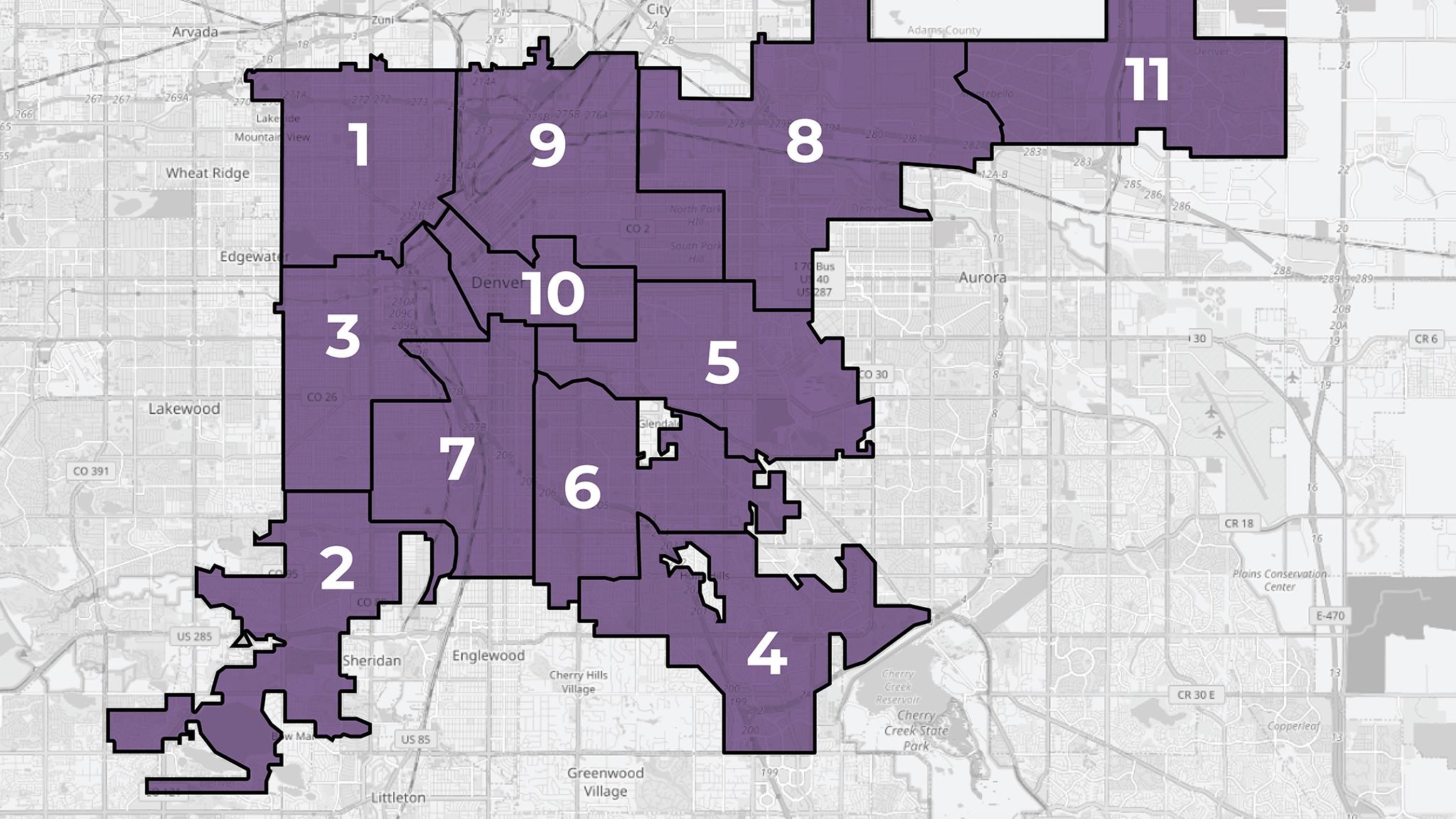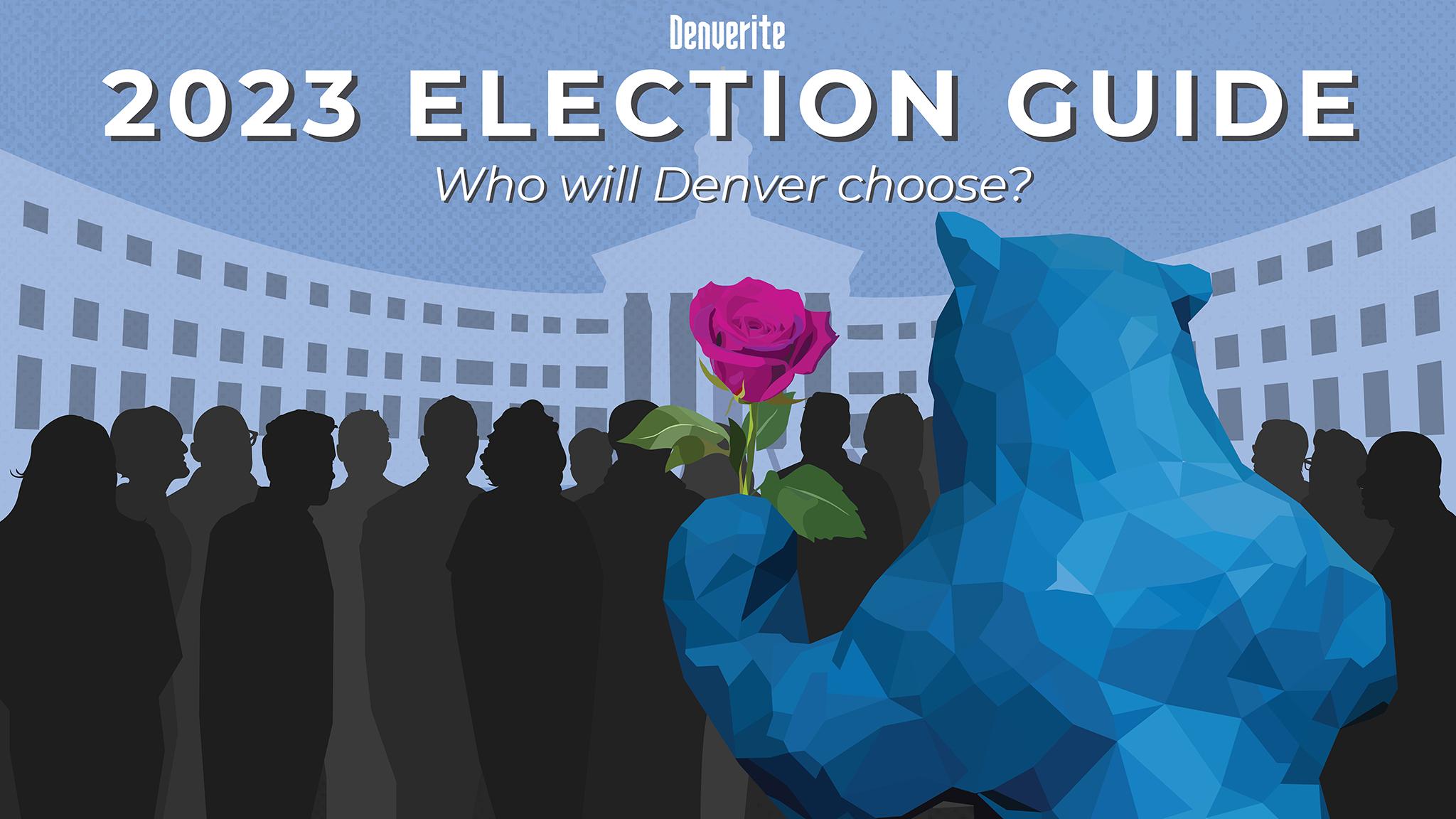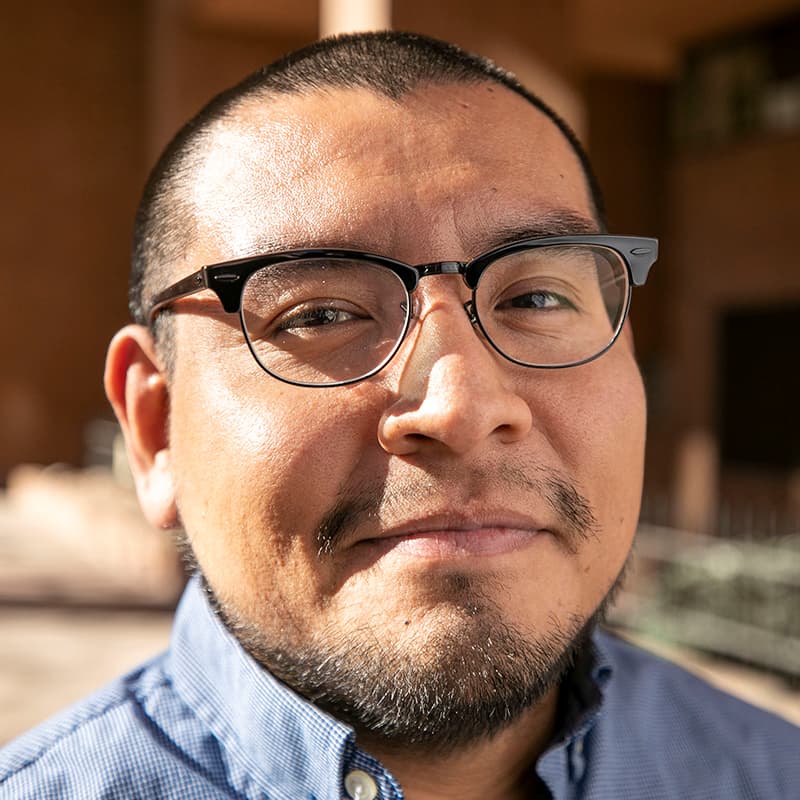Election Day is April 4.
For the first time in 12 years, the powerful mayor's office will be fully up for grabs. Mayor Michael Hancock is term-limited, and 16 people are on the ballot and running to replace him.
In the race for City Council, eight seats are in contention, including the two at-large ones, so the overall balance of the council is also in question.
Plus: What does the future hold for the patch of land formerly known as the Park Hill Golf Course?
Get ready to vote, Denver, and be sure to keep this guide handy.
? First, some things to know about voting:
Ballots will be mailed out March 13 to registered voters, so be sure to keep an eye on the mail for those.
You can check your voter registration status or register to vote at the Colorado Secretary of State's website. You can get a ballot mailed to you if you register at least 22 days before Election Day. Also, you can register to vote through Election Day, though that means you will have to vote in person.
Denver also allows you to track your ballot. You can sign up for that here.
☑ And on that note: Where can I vote?
You can find a list of polling locations in Denver County by clicking here.
? I've heard a lot of chatter about the Fair Elections Fund. What is that?
This is also the first time the Fair Elections Fund, which matches small, local donations at a nine-to-one ratio, is being used. So far, candidates have collected more than $5 million from the $8 million fund.
Here's a look at how the fund works and how its rollout has gone so far.
? What's on Denverites' minds this election?
Dozens and dozens of you have told us that at the top of mind in this election are the city's affordability -- specifically housing -- and rising crime are your top concerns. Homelessness and solutions for the unhoused are also top priorities for the city's residents.
And in preparation for our mayoral campaign event, The People's Forum, we spoke to nonprofits that work directly with communities of color. These issues are top of mind for them as well, but they want to make sure that addressing rising crime won't lead to over-policing of Black and Brown neighborhoods and that approaches to making the city more affordable are equitable.
All in all, anyone who's running for office right now has their work cut out for them.
That being said, let's get to the races:
?There are 16 candidates on the ballot running to be your next mayor
This mayoral election is a big deal for you and us, so we've put a lot of energy into covering the candidates and the issues for months now. Why? Well, the mayor holds a lot of power. And if history is any indicator, the person Denverites elect this year may well be mayor for three terms (12 years) unless they seek a different office or choose to leave the post.
So put simply, just as the mayor has huge responsibilities, voters have maybe the biggest task of them all: choosing the right person to lead the city.
- Here's how much power the mayor has and how many hires and appointments the office makes
- We talked to the four most recent mayors of the city about how they would pick the next mayor
? At-large and district city council races
We talked to every candidate whose name appears on the ballot. Why? City Councilmembers represent your neighborhood and are your most direct form of representation outside of you voting.

Data Source: Denver Elections Division
We prepared a profile for each district race that includes a list of candidates and issues to consider in each district:
❓ Referred questions
Denver City Council sent three questions to this year's ballot for voters to decide. Two are a bit more on the technical side, while the third has created a massive fight over 155 acres of green space that was once a golf course. They are:
? 2M: Board of Adjustment
For this one, the city is asking permission from voters to remove a few pages from the city charter about the Board of Adjustment, a body that hears complaints and exceptions to the city's zoning code. If 2M passes, City Council would have authority to set up a new way to hear zoning appeals and it could also expand reasons for zoning variances, like affordability or preserving trees.
Read a full explanation of the referred question here.
? 2N: City zoning authority
Currently, people who do not live in Denver but own property within 200 feet of a site that is about to be rezoned, can join in on official protests to force a supermajority of City Council members. If question 2N passes, only Denver property owners would be able to protest.
? 2O: Park Hill Conservation Easement
May the city of Denver have permission to lift the conservation land easement on the patch of land once known as the Park Hill Golf Course?
This is the big question that's been referred to voters in this election. It's been a big topic of debate and has become something of a wedge issues across the city.
Here's a full explanation of the questions voters will see on their ballots.
? The Auditor's race
The race to be the city's financial watchdog is actually competitive this time around. Tim O'Brien is seeking a third and final term, but first he'll have to beat out challenger Erik Clarke.
Here's a look at the race and what the auditor's office does.
? Denver Clerk and Recorder
Incumbent Paul D. López is running unopposed. Here's a look at how his first term went, what he learned from it and what he says voters can expect in his second term.
CPR investigative reporter Ben Markus and audience editor Stephanie Rivera contributed reporting to this voter guide.
Editor's note: This article has been updated to reflect the number of active mayoral candidates whose names will appear on the ballot.

















